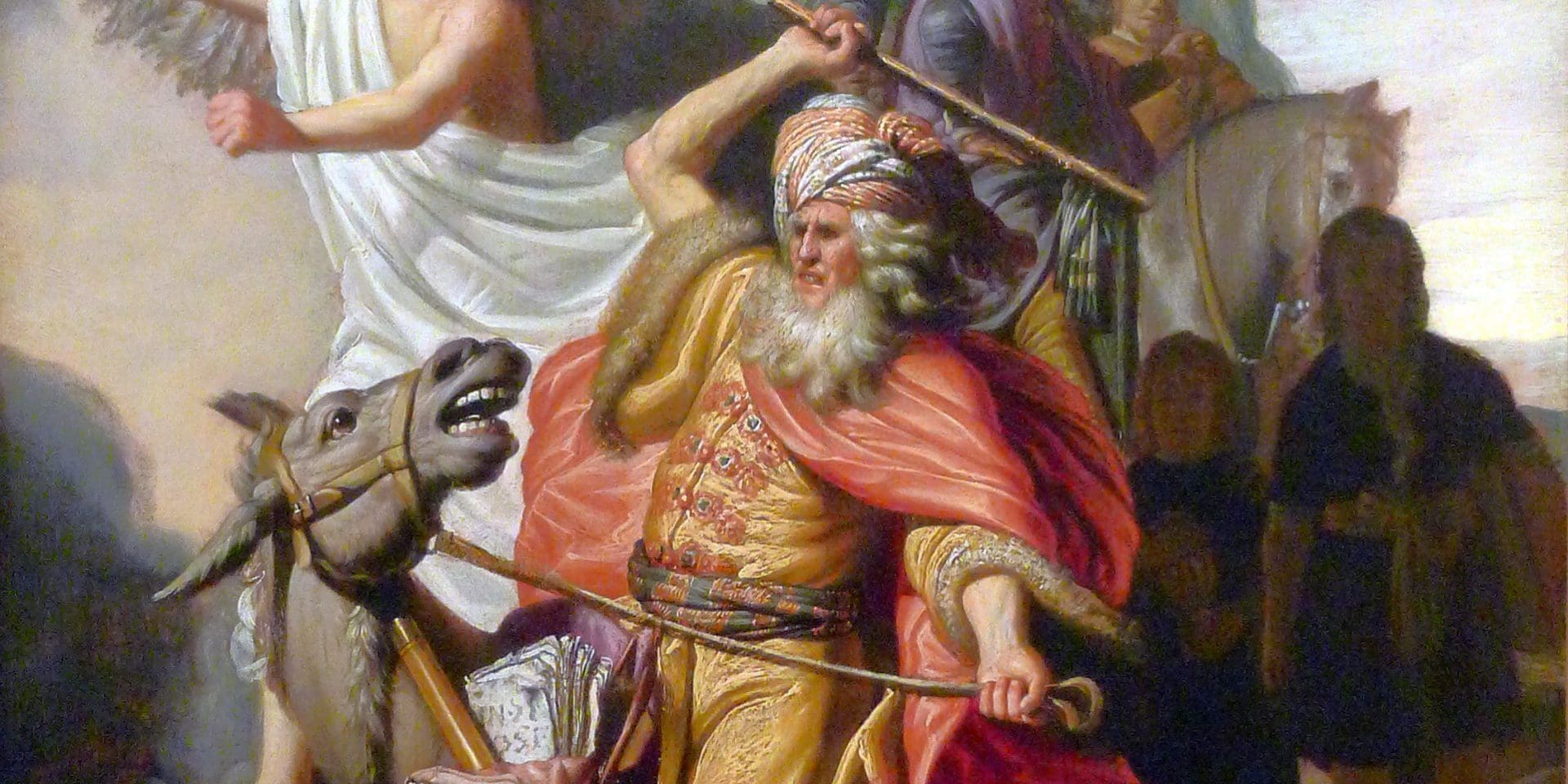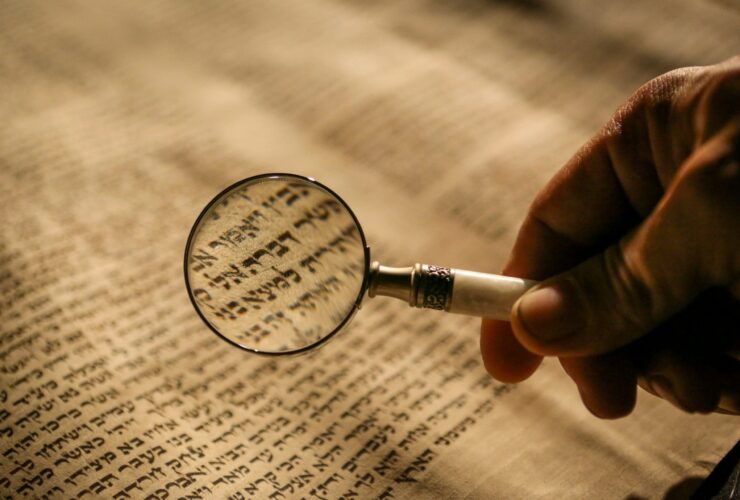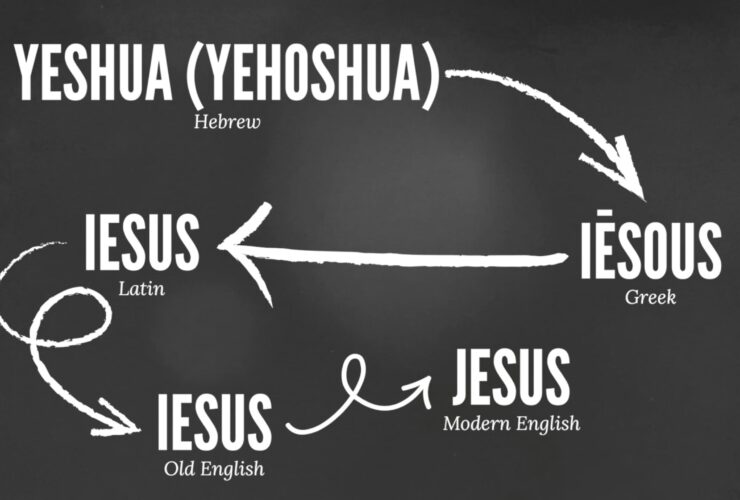The main account of Balaam in the Bible is recorded in Numbers 22-24, then his alternate curse-Israel plan, and his death are recorded in Numbers 31 during Israel’s war with Midian. Throughout the Bible, Balaam’s life and death are used as an example of God’s faithfulness to Israel and as a cautionary tale. But when we read Balaam’s story today, it’s easy to get confused. There are a few puzzling elements of the account.
Consider these questions: Why would Balak send for Balaam in the first place? Surely the Moabites and the Midianites had their own diviners and prophets, why send for Balaam who lived far away? Also, why would the Angel of the Lord seek to kill Balaam after God has just given him permission to go back with the king’s delegation? And what’s the point of the donkey speaking to Balaam at all? Why would God not just allow Balaam to see the Angel of the Lord in the first place? There are obviously different ideas about the answers to these questions but let’s explore some of them.
In terms of why Balak would send for Balaam in the first place, there is some really cool research by Victor Hurowitz that was published in the 90’s, having to do with the Hebrew phrase that is often translated “fee for divination” in our English Bibles, as in on their way to meet with Balaam the king’s delegation took “with them the fee for divination”. Apparently, this phrase is a bit of a tricky one, it is literally translated not “taking with them the fee for divination” but, taking “divination in their hands.” Hurowitz compares this to ancient divination literature coming out of Mari. Turns out there was a practice of diviners creating clay models of their sacrificed animal entrails that they were using for divination, similar to the liver models that seem to have been used for teaching divination in Babylon and other cultures, but these models were sacrifice specific and were used like a photograph, preserving the omens so that other diviners could check the results, they could offer a second opinion, or it could be sent to a more senior diviner or prophet. So then, if this is what the delegation carried to Balaam, literally a divination in their hands, this would represent Balak wanting a second or more experienced opinion from Balaam. A kind of “Here’s the situation, can you come fix it for me? I need these people cursed.”
“God said to Balaam, “You shall not go with them. You shall not curse the people, for they are blessed.” So Balaam rose in the morning and said to the princes of Balak, “Go to your own land, for the Lord has refused to let me go with you.””
Numbers 22:12-13
Moving on to why the Angel of the Lord would attack Balaam after giving him permission to go, there’s a few theories. There are also a few Biblical cases that are similar to this: Remember Jacob being attacked by the mysterious man on the eve of his re-entry into the Promised Land? Or what about Moses being attacked by God on his way back to Egypt? In both cases the people are prompted to go on their journey, are attacked and then there is a change in the person being attacked. Jacob’s character is drawn out of him, and his name is changed to Israel––character change. With Moses, there’s probably a few things going on but for sure there is a status change, his son is now circumcised, a requirement to be counted among the Israelites. So, we have a character change, and a status change. For Balaam being attacked, then, perhaps God was giving him the opportunity to change. God knew that the intention of Balaam’s heart was to curse Israel, even though he may not have been able to formally do it, we’re told in Numbers 31 that Balaam later advised Balak on how to get the Israelites to break their covenant with God, leaving them vulnerable to attack. A curse of a different more insidious sort. This opportunity for change that God gives Balaam is obviously mediated by his donkey––but why? A few thoughts: It is possible that God was using the relationship between Balaam and his donkey to represent the relationship between Balaam and Israel[1]. Here’s what I mean: Just as the donkey was following God’s direction by leaving the path, so Israel was following God’s direction through the land of Moab, and as God miraculously allowed the donkey to speak, so was He working miracles in Israel. As Balaam beat his donkey three times and wanted to kill it with the sword, so Balaam would attempt to curse Israel three times and ultimately teach the Moabites how to get Israel killed. Though in a gruesome twist it would be Balaam himself who would be killed with an Israelite sword. I think that the text of Numbers shows us how God gave Balaam a chance to change. God was going to bless Israel regardless; would Balaam get on board.
Unfortunately, Balaam did not change. By his third blessing of Israel Balaam is overcome and prophesies about Israel’s future, because of the hardness of his own heart, his refusal to change, Balaam has become like his donkey, an animal used as a mouthpiece, and God’s promise to Abraham has been realized: Those who curse Israel will be cursed.

Corie Bobechko is a daily co-host, speaker, and writer of Bible Discovery. She also hosts a YouTube channel that shows how history and archaeology prove the Bible. Her heart for seekers and skeptics has led her to seek truth and share it with others. Corie also has a Bachelor of Theology from Canada Christian College.
[1] Frisch, p.106







Very informative, and well produced. I really enjoyed the video.
Very informative, and well produced. I really enjoyed the video. Well Done!